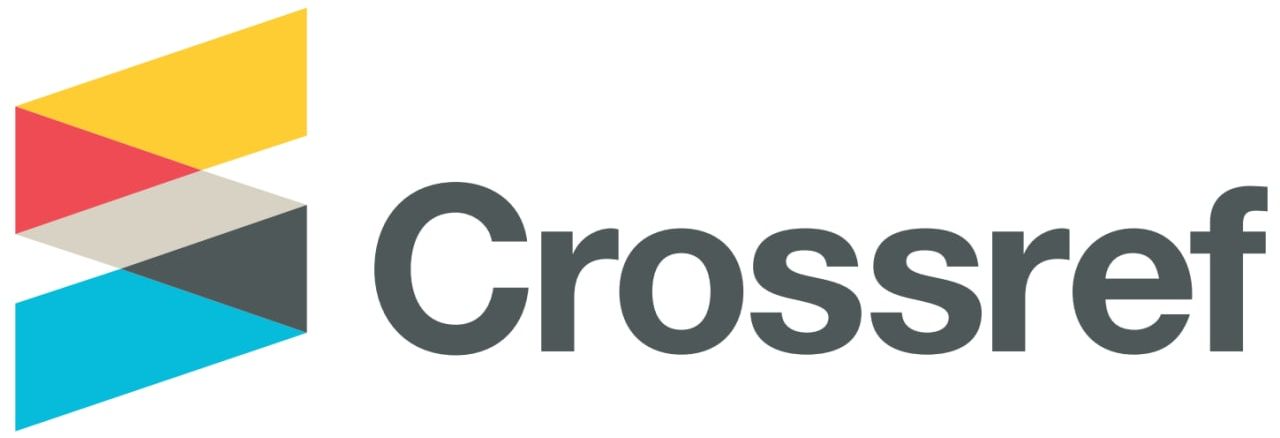ВЗАИМОСВЯЗЬ СИСТЕМЫ ОБРАЗОВАНИЯ В ОБЛАСТИ ФИНАНСОВОЙ ГРАМОТНОСТИ ФИНЛЯНДИИ С ДРУГИМИ СТРАНАМИ
DOI:
https://doi.org/10.60078/2992-877X-2024-vol2-iss11-pp289-296Аннотация
Данная статья посвящена рассмотрению важных вопросов повышения уровня финансовой грамотности в системе образования Узбекистана, особенно в школьном образовании, а также изучению передового зарубежного опыта. В статье анализируются программы финансовой грамотности Финляндии и рассматриваются пути их адаптации к условиям Узбекистана и других стран. Подчеркивая, что финансовая грамотность положительно влияет на экономическую стабильность и благосостояние населения, в исследовании отмечается необходимость сотрудничества государственного и частного сектора, организации специальных курсов и обучения в образовательных учреждениях, а также использования современных технологии. Предложения и рекомендации, разработанные на основе финского опыта, имеют большое значение при формировании практических программ, направленных на повышение финансовой грамотности в системе школьного образования Узбекистана. Сегодня педагогический опыт педагогов своих стран воплощен в финской системе образования. Ведь уже более десяти лет 15-летние ученики этой страны регулярно показывают очень хорошие результаты по международной программе оценивания PISA. Успех Финляндии – это учителя. Их статус и независимость обеспечиваются качественным обучением. Политика образования направлена на равенство. Следует отметить, что расположение и климат Финляндии оказывают влияние на ее экономику.
Ключевые слова:
финансовая грамотность центр финансовой грамотности школьное образование экономические науки финансовые знания система образования ФинляндииБиблиографические ссылки
APEC (2019). Financial Education in Japan: Current State and Challenges. APEC Policy Support Unit.
Atkinson, A., & Messy, F. A. (2012). Measuring Financial Literacy: Results of the OECD / International Network on Financial Education (INFE) Pilot Study. OECD Working Papers on Finance, Insurance and Private Pensions.
Lusardi, A., & Mitchell, O. S. (2014). The Economic Importance of Financial Literacy: Theory and Evidence. Journal of Economic Literature.
Lusardi, A., Michaud, P. C., & Mitchell, O. S. (2017). Optimal Financial Knowledge and Wealth Inequality. Journal of Political Economy.
Mandell, L. (2008). Financial Literacy of High School Students. In Handbook of Consumer Finance Research. Springer.
OECD (2013). Financial Education in Schools. OECD Publishing.
OECD (2017). PISA 2015 Results (Volume IV): Students’ Financial Literacy. OECD Publishing.
World Bank (2014). Enhancing Financial Capability and Inclusion in Uzbekistan. World Bank Report.
OECD (2017). Financial Education in Schools. OECD Publishing.
OECD (2018) Financial Education in Schools. OECD Publishing.
Yoshino, Naoyuki Morgan, Peter J.Long, Trinh Q. “Financial Literacy in Japan: Determinants and Impacts”, Asian Development Bank Institute, December 2017
Andrea Sticha, Shizuka Sekita. “The importance of financial literacy: Evidence from Japan”, Journal of Financial Literacy and Wellbeing, Volume 1, Issue 2, July 2023, pp. 244 — 262
Naoyuki Yoshino, “Financial Education in Japan”, Asian Development Bank Institute (ADBI) Senior Advisor Financial Research Institute, FSA
https://www.usnews.com/news/best-countries/rankings/well-developed-public-education-system
https://www.japantimes.co.jp/news/2023/03/19/national/teaching-financial-literacy/
Загрузки
Опубликован
Как цитировать
Выпуск
Раздел
Лицензия

Это произведение доступно по лицензии Creative Commons «Attribution» («Атрибуция») 4.0 Всемирная.











